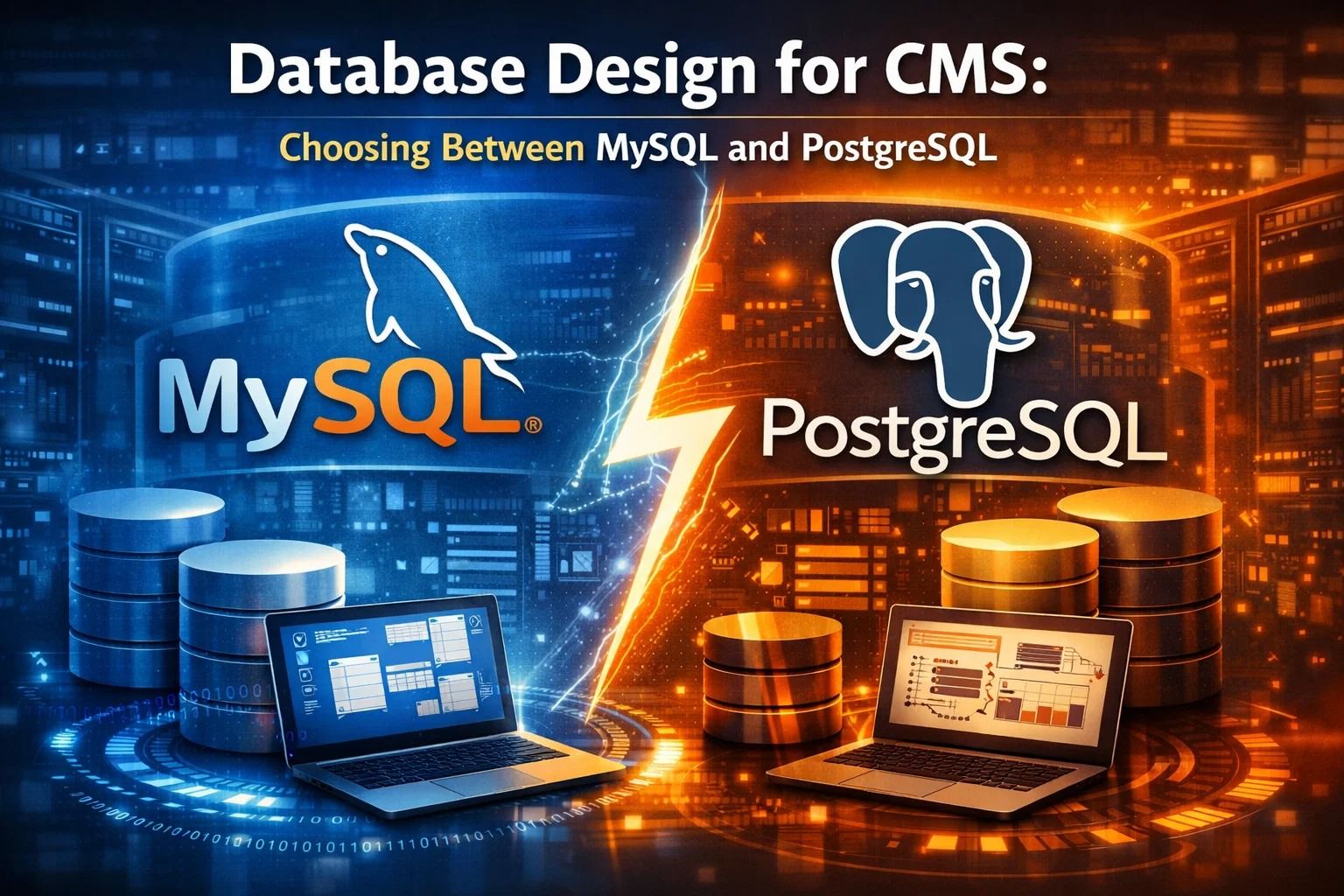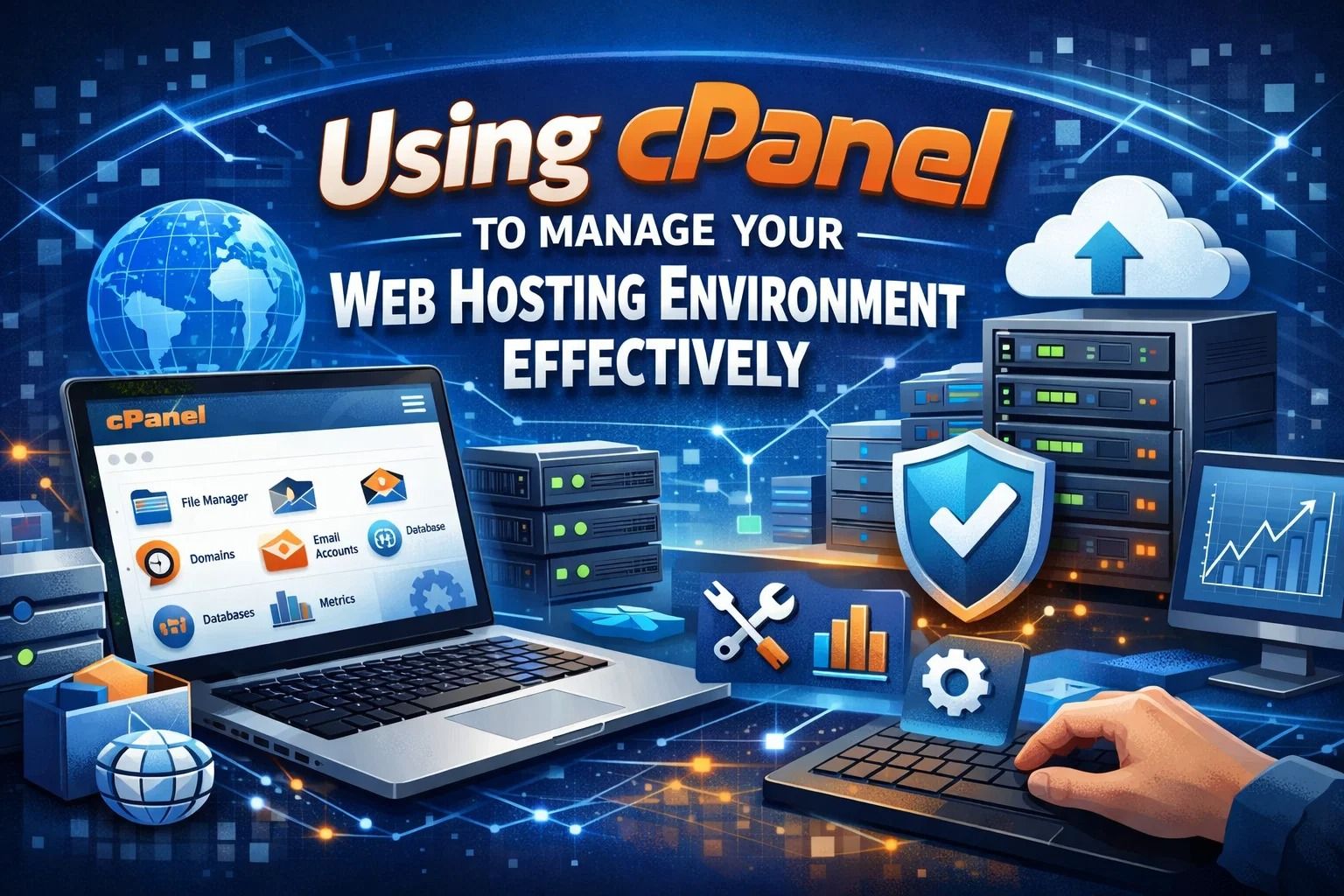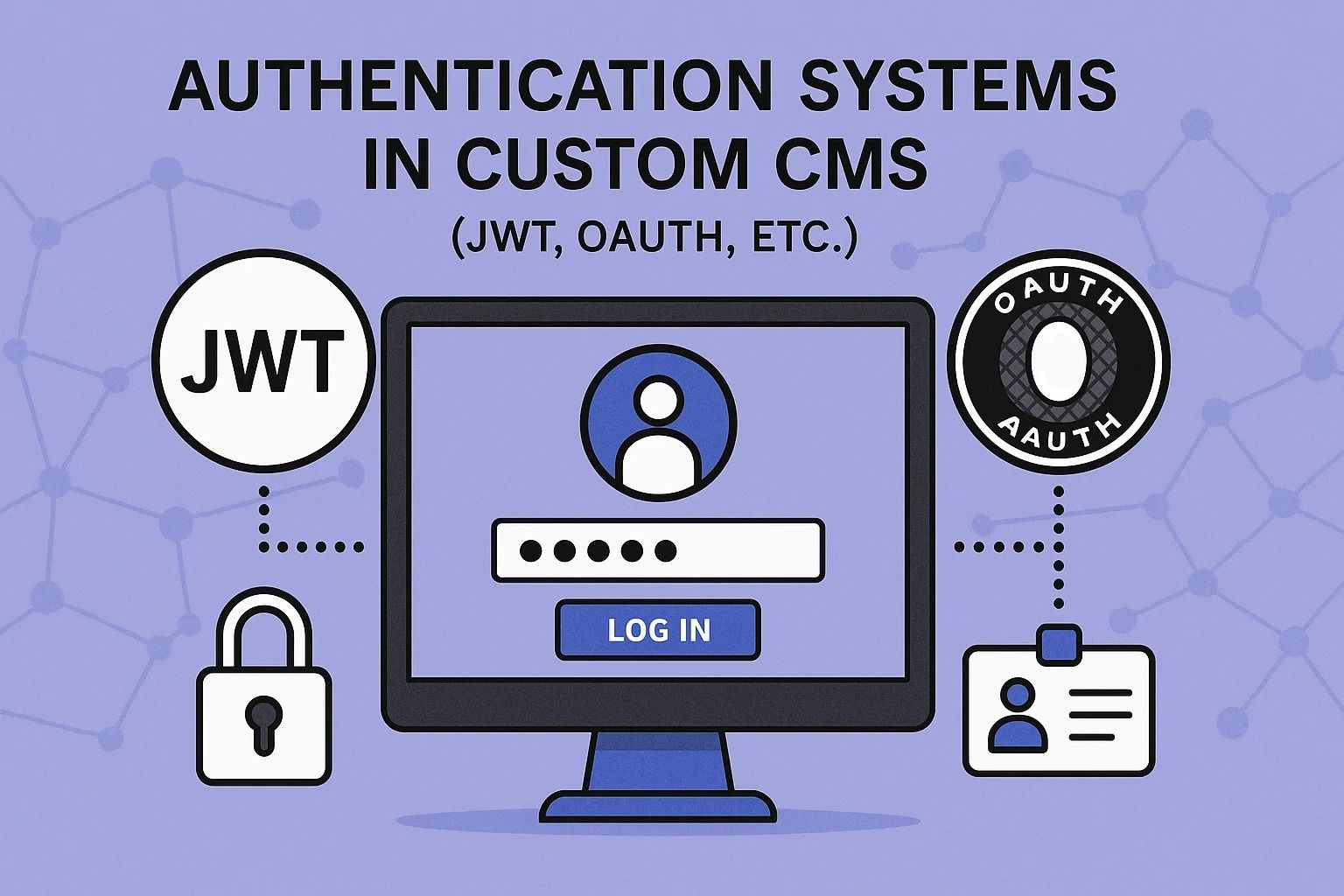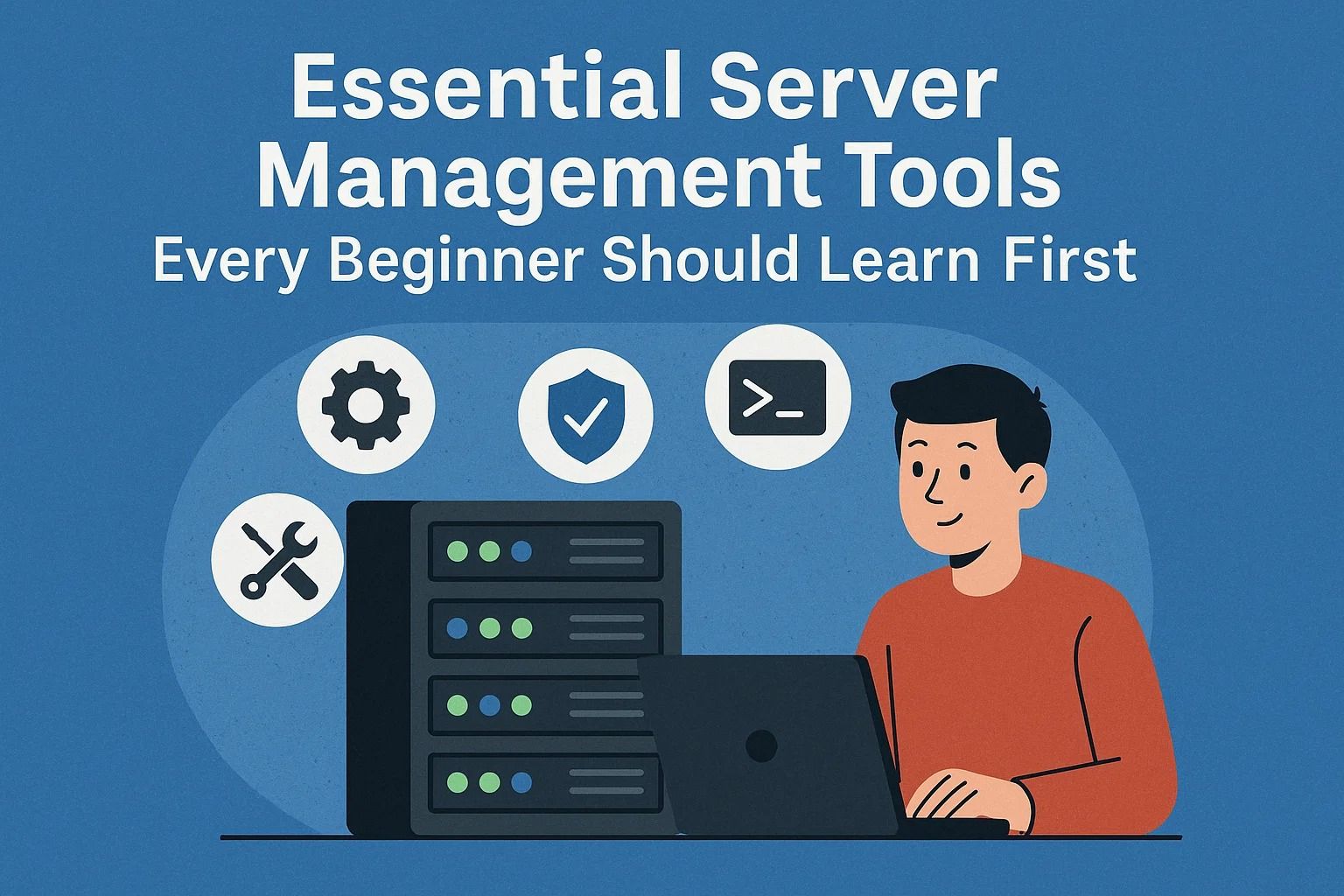
Hosting vs. VPS in 2025: What’s the Difference and Which One to Choose
What is Shared Hosting?
Shared hosting is when many websites are hosted on the same physical server, sharing the same resources (CPU, memory, storage, and bandwidth). This is the lowest-cost and easiest-to-manage hosting option. Popular hosts like Bluehost, HostGator, and SiteGround have shared hosting plans aimed at personal sites, blogs, and small business sites.
- Pros: Low cost, easy to set up, beginner-friendly control panels.
- Cons: Limited resources, lower performance, no root access, and potential security issues from other users on the same server.
Think of it like renting a room in a big apartment building. You share the space, utilities, and upkeep with a lot of people.
What is VPS Hosting?
VPS (Virtual Private Server) splits one physical server into many virtual environments using virtualization technology. Each server works like a dedicated server with self-allocated resources. VPS hosting is great for sites that have outgrown shared hosting but don’t need a full dedicated server yet. It’s a good middle ground between cost, performance, and control.
- Pros: Dedicated resources, better performance, root access, and a scalable environment.
- Cons: More expensive than shared hosting and may require technical knowledge to manage.
Picture it like having your own apartment in a secure high-rise. You control the space and utilities, and the people around you don’t impact your set-up.
Why Knowing the Difference Matters in 2025
As sites grow resource-heavy — including video, dynamic features, and eCommerce — the hosting environment directly influences performance, SEO, user experience, and security. Whether you're founding a fresh project or planning to migrate a long-established site, knowing the pros and cons of shared hosting versus VPS helps you make an informed, quality decision that lasts well into the future.
Performance and Speed
The performance of shared hosting may be affected depending on the traffic of other websites hosted on the same server. If the site next door is suddenly trendy and gets a lot of views, it could slow down your website since resources are shared between all accounts.
You get dedicated CPU, RAM, and storage with a VPS. Therefore, no matter what else is happening on the physical machine, you know exactly what performance to expect. VPS hosting is often a better fit for sites with heavy traffic or resource-intensive applications.
Security and Isolation
All accounts share the same environment in shared hosting. If one site's security is compromised, others could be at risk, too. Even though hosting companies often have some basic security layers, it does not completely eliminate the risk of cross-account contamination.
VPS hosting gives you full account isolation. Each virtual private server is partitioned at the system level. Therefore, the risk of external threats spreading to your account from other accounts is very limited. You also get more control over firewalls, user permissions, and configurations.
Control and Customization
You can never make significant changes to the server setup with shared hosting. You can't change server settings, install or customize third-party software, nor gain access to features at the root level. Shared hosting is straightforward for beginners, but limiting for advanced creators.
You get root or sudo access (depending on your operating system) with VPS. You can configure your environment in exactly the way you need it. Developers and system administrators usually prefer VPS for this reason.
Scalability
Shared hosting plans often have strict limits on the resources you can use, and upgrading usually requires switching to a new plan or company entirely.
VPS hosting is more scalable by nature. Many VPS hosting providers allow you to upgrade the RAM, CPU, and storage all without downtime. This is ideal for growing projects.
Price Differences
Shared hosting is often very inexpensive, with plans available for as low as $2 to $5/month. This makes it great for personal blogs, portfolio websites, or testing environments.
VPS hosting starts from around $10 to $20/month, but it is more powerful, more customizable, and more secure. While it is often more costly, you get a lot more value depending on the level of performance and customization you want.
Performance and Speed
The performance of shared hosting may be affected depending on the traffic of other websites hosted on the same server. If the site next door is suddenly trendy and gets a lot of views, it could slow down your website since resources are shared between all accounts.
You get dedicated CPU, RAM, and storage with a VPS. Therefore, no matter what else is happening on the physical machine, you know exactly what performance to expect. VPS hosting is often a better fit for sites with heavy traffic or resource-intensive applications.
Security and Isolation
All accounts share the same environment in shared hosting. If one site's security is compromised, others could be at risk, too. Even though hosting companies often have some basic security layers, it does not completely eliminate the risk of cross-account contamination.
VPS hosting gives you full account isolation. Each virtual private server is partitioned at the system level. Therefore, the risk of external threats spreading to your account from other accounts is very limited. You also get more control over firewalls, user permissions, and configurations.
Control and Customization
You can never make significant changes to the server setup with shared hosting. You can't change server settings, install or customize third-party software, nor gain access to features at the root level. Shared hosting is straightforward for beginners, but limiting for advanced creators.
You get root or sudo access (depending on your operating system) with VPS. You can configure your environment in exactly the way you need it. Developers and system administrators usually prefer VPS for this reason.
Scalability
Shared hosting plans often have strict limits on the resources you can use, and upgrading usually requires switching to a new plan or company entirely.
VPS hosting is more scalable by nature. Many VPS hosting providers allow you to upgrade the RAM, CPU, and storage all without downtime. This is ideal for growing projects.
Price Differences
Shared hosting is often very inexpensive, with plans available for as low as $2 to $5/month. This makes it great for personal blogs, portfolio websites, or testing environments.
VPS hosting starts from around $10 to $20/month, but it is more powerful, more customizable, and more secure. While it is often more costly, you get a lot more value depending on the level of performance and customization you want.
Who Should Consider Shared Hosting?
Shared hosting is suitable for:
- Personal blogs and portfolios
- Small business sites with low traffic
- Beginner users with no technical skills
- Landing pages, testing projects, and non-essential websites
It's an excellent starting point if your primary concern is to quickly get a website up and running with minimal expenses and technical detail. Most shared hosting solutions come with cPanel, one-click CMS installation, and standard support — adequate for straightforward use cases.
Who is VPS Hosting For?
VPS Hosting is perfect for:
- Web apps with specific server needs
- Medium to high-traffic websites
- eCommerce sites requiring PCI compliance
- Agencies and developers handling multiple clients
- Anyone who needs root access and total control over settings
VPS gives you the power and flexibility to run professional-grade websites and applications. It's also more scalable in case your project expands or if you need isolated environments for staging and production.
Advice for Moving from Shared Hosting to VPS
- Prepare the move: Avoid switching when traffic is high. If needed, schedule downtime.
- Utilize a control panel: Tools such as CyberPanel, Plesk, or cPanel make VPS easier to manage without the command line.
- Protect your server: Set a firewall (like UFW), disable root login through SSH, and keep software updated.
- Keep an eye on performance: Use tools like Netdata or Grafana to monitor resource usage and boost performance.
Numerous hosting providers provide free or paid migration assistance. Use these resources to minimize risk and prevent downtime.
Final Thoughts
Shared hosting and VPS both have roles in the web hosting landscape. What you choose depends on your project's needs, traffic level, technical proficiency, and growth potential.
In 2025, with increasing performance and security demands, VPS is becoming more affordable — even for the non-technical — due to the evolution of superior user interfaces and managed options.
For absolute beginners, shared hosting is still a good option. But for those who are serious about their website's performance, control, and future scaling, VPS makes much more sense in the long run.

















